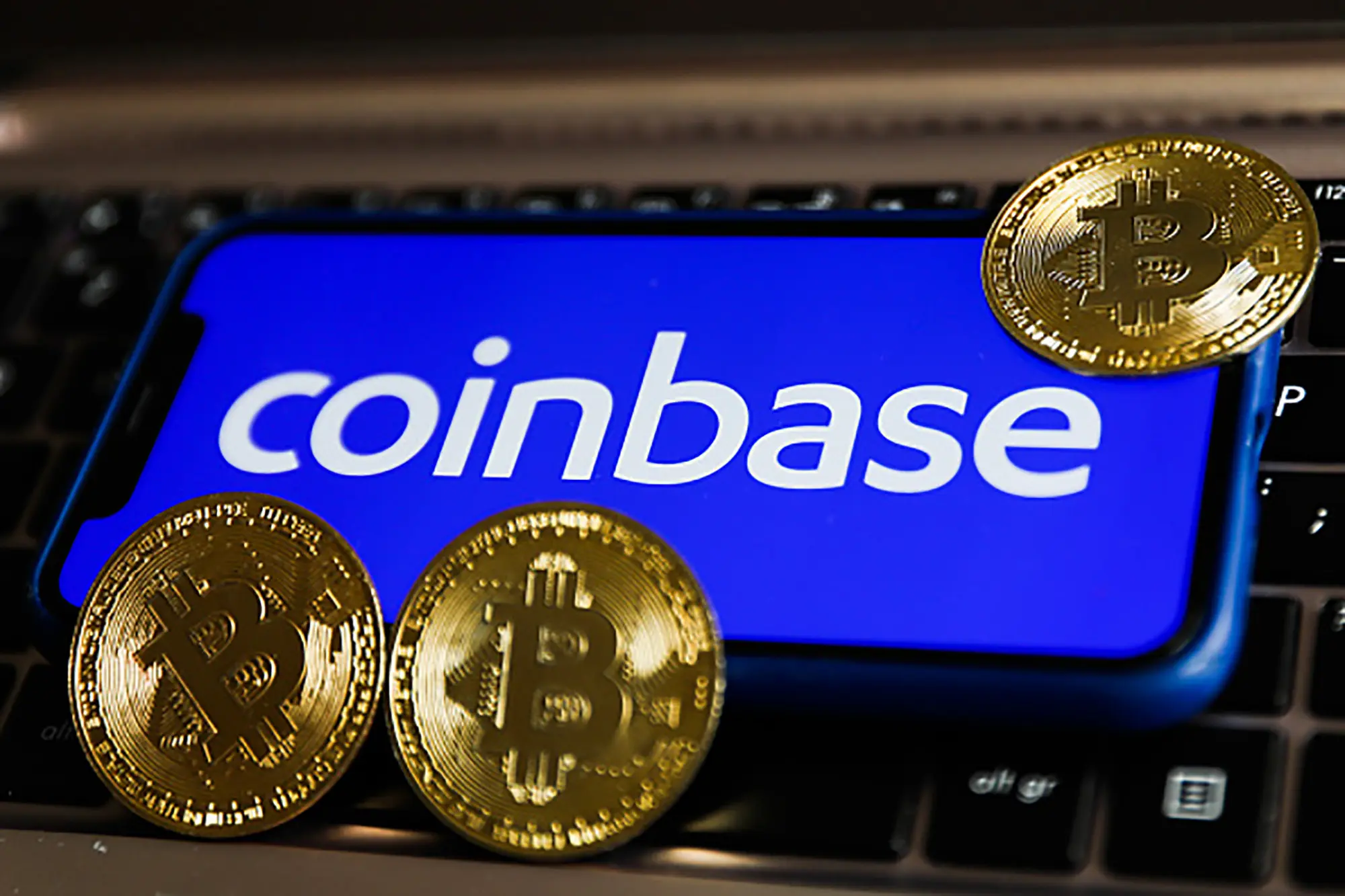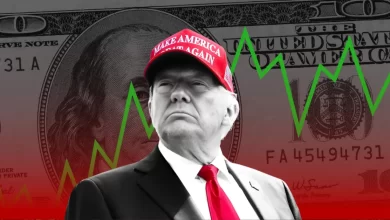Coinbase Halts Expansion in Turkey: Regulatory Changes May Be Behind the Decision

Coinbase Halts Expansion in Turkey: Coinbase, one of the most prominent cryptocurrency exchanges globally, has reportedly pulled back from its plans to expand into Turkey. This surprising move has raised questions about the influence of. Turkey’s evolving regulatory environment on crypto businesses and the broader implications for the country’s burgeoning crypto market. $XRP pumps 50% in 7 days, surpasses Solana marketcap we examine the potential reasons behind Coinbase’s decision and its impact on the Turkish cryptocurrency ecosystem.
Coinbase’s Expansion Plans: A Missed Opportunity?
Coinbase had been eyeing Turkey as a strategic market for growth, given the country’s high adoption rate of cryptocurrencies. Turkey ranks among the top countries in the world for crypto usage, driven by:
- A young, tech-savvy population.
- High inflation rates leading to an interest in alternative assets.
- A growing demand for decentralized financial tools.
The exchange’s entry could have bolstered Turkey’s crypto landscape, offering users access to Coinbase’s advanced trading tools, robust security, and institutional-grade services. However, the decision to halt expansion underscores the challenges posed by the country’s shifting regulatory framework.
What’s Behind the Decision?
 Although Coinbase has not officially disclosed its reasons, analysts point to several regulatory changes in Turkey that may have influenced the decision:
Although Coinbase has not officially disclosed its reasons, analysts point to several regulatory changes in Turkey that may have influenced the decision:
- Stricter Crypto Regulations
In recent years, Turkey has implemented tighter controls on the cryptocurrency sector, including requirements for exchanges to adhere to anti-money laundering (AML) and counter-terrorism financing (CTF) laws. These measures have increased operational complexities for global exchanges. - Taxation Uncertainty
Turkish authorities have hinted at the introduction of taxes on cryptocurrency transactions. The lack of clarity around tax policies creates uncertainty for exchanges and users alike. - Licensing Challenges
Turkey has mandated that crypto exchanges obtain specific licenses to operate within its borders. Meeting these requirements can be a lengthy and resource-intensive process, potentially deterring new entrants like Coinbase. - Currency Volatility
The Turkish lira’s instability adds another layer of risk for international companies considering operations in the country. - Increased Competition
Turkey’s crypto market is already populated by local and regional players like Paribu and BTCTurk, which are well-established and cater to the unique needs of the Turkish audience.
What Does This Mean for Turkey’s Crypto Ecosystem?
Coinbase’s decision to halt its expansion could have several implications for Turkey’s crypto market:
- Missed Opportunities for Users
Turkish crypto enthusiasts may lose out on access to Coinbase’s wide range of services, including its secure wallet, institutional trading tools, and easy fiat-to-crypto conversions. - Stronger Local Players
The absence of a global giant like Coinbase could allow local exchanges to solidify their market positions, further entrenching their dominance in Turkey’s crypto scene. - Potential Regulatory Impact
Coinbase’s withdrawal could prompt Turkish regulators to reassess their approach to crypto policies. If stringent regulations discourage global players, it may limit innovation and growth in the sector. - Reputation as a Crypto Hub
Turkey has been positioning itself as a crypto-friendly nation. However, decisions like Coinbase’s may signal to other global players that the regulatory environment is not yet conducive to international expansion.
What’s Next for Coinbase?
While Turkey may no longer be on Coinbase’s immediate roadmap, the exchange continues to expand into other global markets. Coinbase’s strategy likely prioritizes countries with clearer regulatory frameworks and high growth potential. This decision highlights the importance of stable and predictable regulations in attracting global crypto businesses.
Conclusion
Coinbase’s decision to halt its expansion in Turkey underscores the delicate balance between regulatory oversight and fostering innovation in the cryptocurrency sector. While stricter rules aim to enhance security and compliance, they can also create barriers for global players looking to enter emerging markets.
For Turkey, this development serves as a reminder that a clear, consistent, and innovation-friendly regulatory environment is essential to maintain its status as a growing hub for cryptocurrency adoption. For Coinbase, the move reflects its cautious approach to navigating complex regulatory landscapes while pursuing growth opportunities elsewhere.
[sp_easyaccordion id=”3489″]




